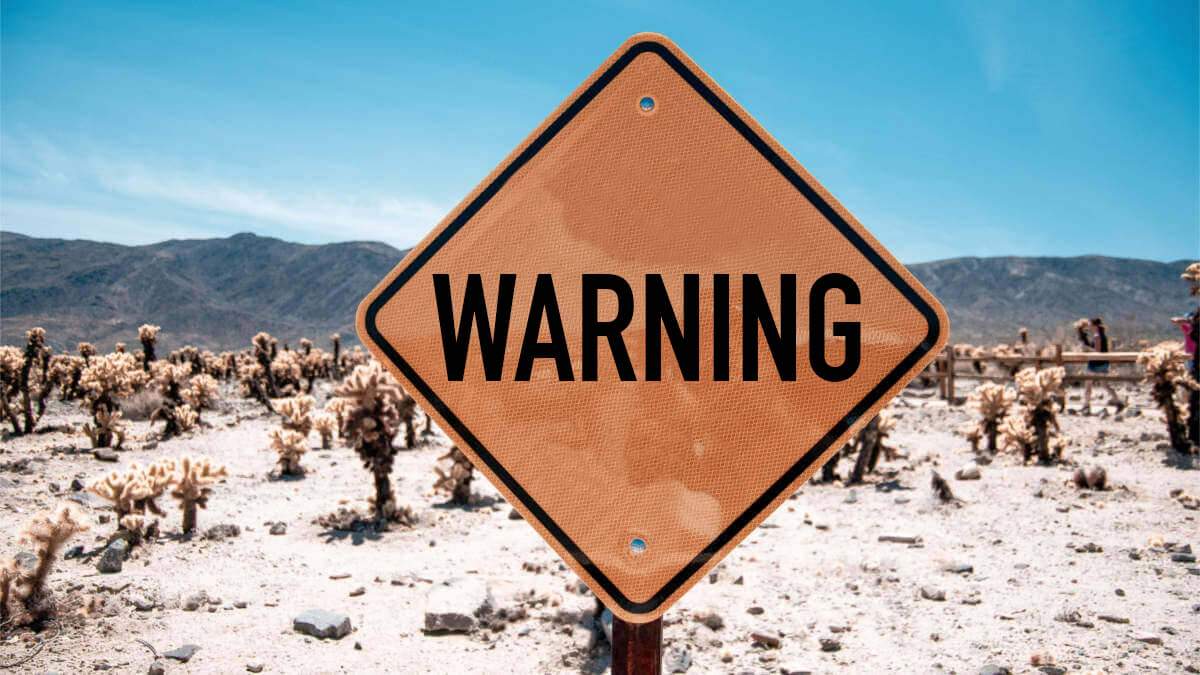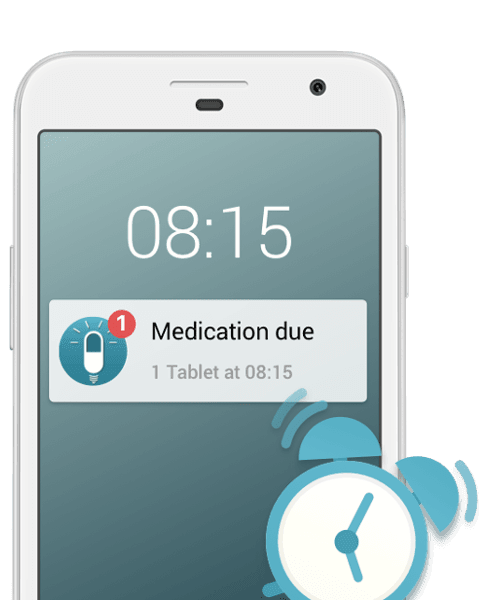Thousands of batches of valsartan, a drug commonly used to treat conditions such as high blood pressure (hypertension), are being recalled after a contamination was discovered in the manufacturing process. The news raises important questions for those taking valsartan.
All of the latest information regarding the valsartan recall can be found here: Valsartan Recall: Latest News About Hypertension Drugs Recalled by FDA & EMA
UPDATE - 29 November 2018:
- On 26 Oct 2018 Aurobindo Pharma Limited issued a recall of products containing Irbesartan. Regulators investigating the original recall of valsartan, which was of valsartan produced by China’s Zhejiang Huahai Pharmaceuticals (read below for details), found traces of possible carcinogens NDEA and N-nitrosodimethylamine (NDMA) were created when certain manufacturing conditions were met. Further investigations into other ‘sartan’ medications led to the discovery of the chemicals in the 22 batches of irbesartan that are subject to this recall. Read the FDA’s announcement for more information.
- On 20 Nov 2018 Mylan Pharmaceuticals issued a nationwide recall on selected lots of different products containing valsartan produced by the company’s manufacturing division, Mylan Laboratories Limited, in India. A total of 15 lots are subject to the recall. For more information, read the FDA’s announcement.
- On 27 Nov 2018 Teva Pharmaceuticals issued a nationwide recall of 49 batches of valsartan. Some Teva products containing valsartan produced by Zhejiang Huahai Pharmaceuticals were subject to the original recall. Now that valsartan produced by Mylan has also been found to contain impurities, Teva is recalling a number of products containing valsartan from Mylan. Read the FDA’s announcement for more information.
Important: If you are currently taking valsartan, please continue taking it as prescribed unless told otherwise by your doctor or pharmacist.
Why Is Valsartan Being Recalled?
A Chinese firm that manufactures valsartan, a drug used to treat high blood pressure and other heart diseases, found that a substance called N-nitrosodimethylamine (NDMA) had contaminated batches.
NDMA is classified as a probable human carcinogen – a substance that could cause cancer.
Zhejiang Huahai Pharmaceuticals voluntarily informed the European Medicines Agency (EMA) of the contamination, and national authorities from 23 countries have issued a recall.
They are the UK, Germany, Norway, Finland, Sweden, Hungary, the Netherlands, Austria, Ireland, Bulgaria, Italy, Spain, Portugal, Belgium, France, Poland, Croatia, Lithuania, Greece, Canada, Bosnia and Herzegovina, Bahrain, and Malta.
Valsartan was originally developed by Novartis. The patent has expired, and various pharmaceutical companies now produce the drug.
Not every manufacturer is affected, nor every batch from those that are.
In the UK, where nearly half a million prescriptions for valsartan were issued in 2017, Dexcel Pharma and Accord-UK (formerly called Actavis UK) products have been recalled.
Authorities in Canada have released a list of the variations of valsartan affected, and the relevant lot numbers.
In total, around 2,300 batches are involved in the recall.
UPDATE
As of July 14, the Food & Drug Administration (FDA) has also issued a recall in the US.
Nearly 70 million prescriptions of valsartan were made in the US between 2012 – the year the contamination is believed to have begun – and 2015, according to ClinCalc.
That includes prescriptions of both regular valsartan and a form combined with the diuretic, hydrochlorothiazide (HCTZ).
The FDA are recalling all lots of valsartan produced by Teva Pharmaceuticals, Solco Healthcare, and Major Pharmaceuticals. Valsartan/HCTZ produced by Teva and Solco is also being recalled.
I Take Valsartan – Am I at Risk?
The word ‘carcinogen’ is frightening.
The World Health Organization (WHO) says there is “conclusive evidence that NDMA is a potent carcinogen in experimental animals” when ingested through drinking water.
It is particularly toxic to the liver.
Though likely, there is no conclusive evidence that NDMA increases the risk of cancer in humans, hence its classification as a probable carcinogen.
It has been used in the production of rocket fuel and antioxidants and is an unintended byproduct of chlorination of wastewater in treatment plants.
The EMA is currently investigating the severity of the contamination and the level of risk posed to people taking valsartan.
Novartis spokesman, Eric Althoff said, “the amounts of NDMA found in valsartan are much lower than the cumulative endogenous production and usual external exposure of NDMA.”
The company insists there is not a significant risk to patients.
The Medicines and Healthcare products Regulatory Agency (MHRA), a British government agency responsible for drug safety, echoes that sentiment.
“We continue to undertake an urgent review of all these products that may pose a low risk to public health,” said MHRA’s Director of the Inspection, Enforcement, and Standards Division, Dr. Sam Atkinson.
What Should I Do?
The message being issued by the EMA and national authorities is the same: do not stop taking your medication unless told to by your doctor or pharmacist.
Doing so is likely riskier to your health than the contamination. Sudden withdrawal can have a damaging effect on your cardiovascular system and kidney function.
If your medication is affected, continue taking it and contact your doctor or pharmacist as soon as possible, who will be able to advise you about alternative treatment options. They can also help you if you are unsure whether your medication is affected.
Will This Cause a Shortage of Valsartan?
Drug shortages are a common problem in the healthcare industry and recalls are one of the reasons they occur.
In Canada, 2.5 million of the 4.4 million valsartan prescriptions issued in 2017 are affected by the recall.
The current supply will undoubtedly be impacted, and it is possible a shortage will occur.
Shortages are particularly damaging when treatment options are limited. The good news on that front is that a range of medications exist for high blood pressure, including other sartans (such as losartan - which is not affected by the recall).
Other types of drugs such as ACE inhibitors may also be suitable.
Of course, finding the correct one will depend on individual needs and factors such as comorbidities.
In the UK, Accord-UK/Actavis UK stopped producing valsartan in January 2017, so it is remaining stock that will be recalled. However, Dexcel Pharma still produce the drug, so its ability to supply the drug could be affected.
Valsartan is not as commonly prescribed in the UK, so any shortage will have less of an impact.
It is believed the contamination may have been caused by a change to the manufacturing process made in July 2012.
While it may be disconcerting to know that such a contamination has been present for a number of years, there is currently no evidence of acute patient risk.
As such, it is important anyone taking valsartan continues doing so as prescribed unless told otherwise by your doctor or pharmacist. We urge you to follow the advice provided by the authorities and speak to a healthcare professional if you have any concerns regarding your treatment.
Take a look at some of the other posts on the MyTherapy blog:
- 10 Essential Hypertension Facts You Need to Know
- This is How Tracking Blood Pressure at Home Can Help 103 Million Americans Living with Hypertension
While we hope the information in this blog post is useful, please do not use it as a replacement for professional advice. If you have any concerns regarding your treatment, speak to your doctor, pharmacist, or healthcare professional.



